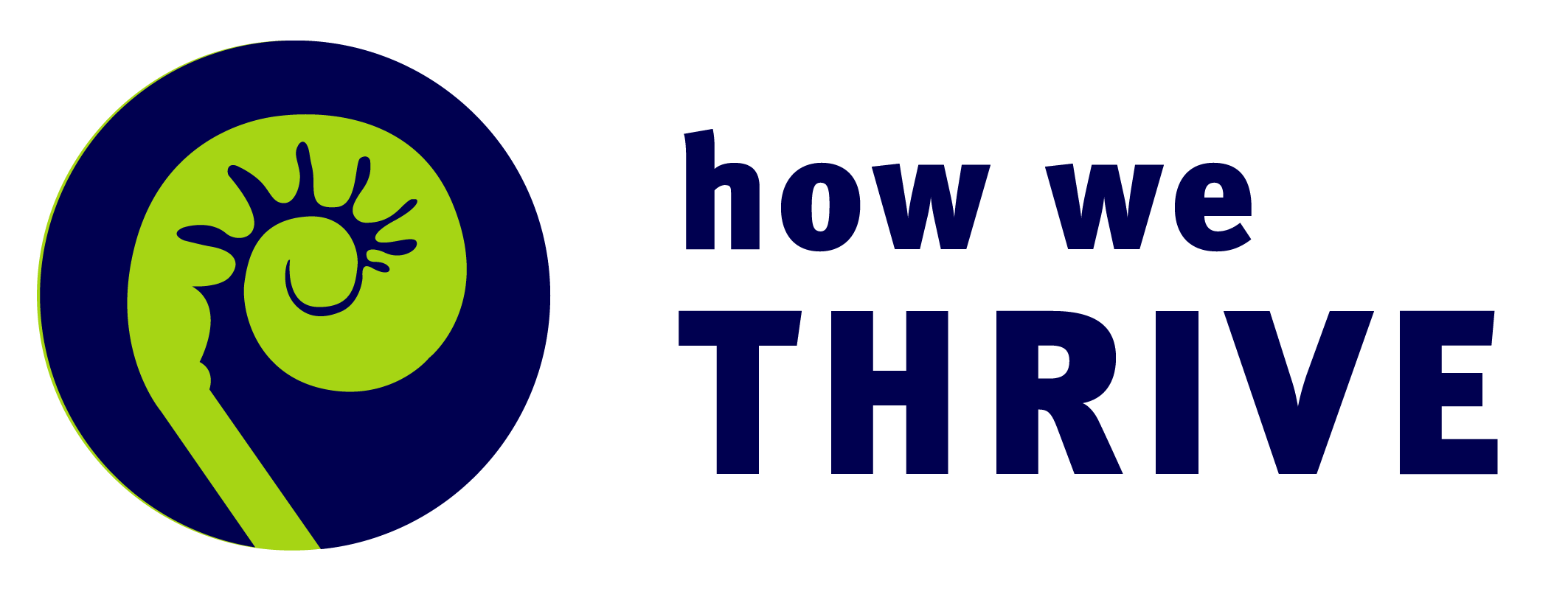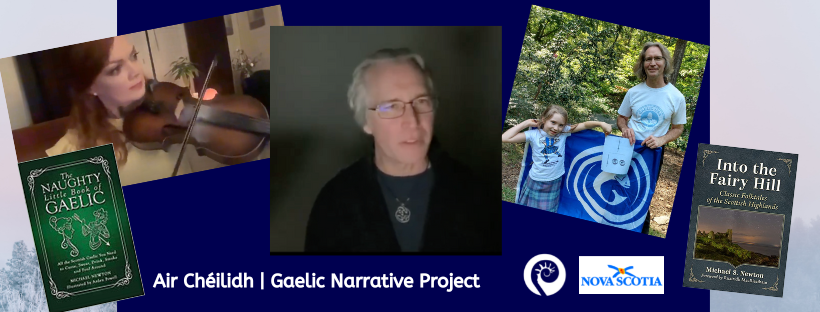Gaelic at the centre
January 27, 2023
Hosts: Mike Kennedy and Frances MacEachen
Guest: Michael Newton
What would prompt a young man to leave behind his country, his lifestyle, and a promising career as a computer programmer to begin a journey that would take him to the centre of the Gaelic world and make Gaelic a central focus of his life? Michael Newton did just that, becoming not only a fluent Gaelic speaker but an authority on Gaelic folklore, literature, and history. He made it his mission to bring the story of the Gaels to a wider audience.
Along the way, Michael wrote and edited many books, including Seanchaidh na Coille: Memory-Keeper of the Forest, An Anthology of Scottish Gaelic Literature of Canada and the soon-to-be-released Into the Fairy Hill: Classic Folktales of the Scottish Highlands. His scholarship was used in the Outlander series and the forthcoming PBS documentary Voices Over the Water. He worked in Gaelic communities in Scotland and Nova Scotia, and gave public talks and scholarly presentations at such venues as the Smithsonian Museum and the US Library of Congress. He also established the Hidden Glen Folk School of Highland Heritage where he teaches students yearning to have meaningful contact with Scottish Highland tradition, history and culture, and to drink from the authentic wellsprings of their heritage.
What we heard
Host Mike Kennedy, who attended Edinburgh University in the 1990s—at the same time as his guest Michael Newton—expressed admiration for his old friend's thorough and important work publishing numerous books on Scottish Gaelic history and folklore. Mike said it was even more impressive considering that Michael’s work was often done with little institutional or professional support while working full-time as a computer programmer.
Michael, who graduated with a PhD in Gaelic Folklore, remembers, “One thing I saw is that there is a Gàidhlig story and there is a Gàidhlig experience. There were all of these voices that were not being heard. I felt because I like to write . . . and have some ability to distill things and express them in a way that is accessible in a larger framework, that that was going to be my mission.”
He also saw the connection between Gaelic and his two other passions—the environment and social justice. Growing up in Southeastern California, he was aware of the environmental cost of a society where its people define their lives by the stuff they own. Gaelic offered a different view, one that he later explored in his publications.
Michael’s friendship and collaboration with the great Gaelic scholar John MacInnes opened an inquiry about social justice: “What happens to a people when you take away their language and culture and they don’t have any cultural sovereignty?" The two spoke about cognitive dissonance and the legacy of this cultural loss, and the social context of empire and coloniality.
In addition to the intellectual stimulation that Gaels like John MacInnes offered, they also offered kinship.
Michael reflects, “I like using the term ‘Born-again Gael’ for myself. For me this had become a kind of second family that I had adopted. John didn’t have his children around at the time I was around him. That was true of other people as well. I spent a lot of time doing field work. I really tried to have as immersive an experience as possible. My goal was to be among other Gaels as much as possible.”
When asked if Gaelic still matters to him after 30 years of a tough slog, Michael quickly replied that it does. "It helps me feel that there is something real in the world that is rooted, that has this cultural and social depth."
Michael also has a 10-year old daughter whom he spoke only Gaelic to since she was born. On a recent visit to Scotland she saw a social context to the language that was real and tangible for her. “It may be a minoritized language but there are people who are passionate about it, who welcomed her into their homes and will share things with her that she will never find anywhere else."
What we said
In the breakout rooms, we all responded to Michael’s stories and reflections, and shared our own. When we returned to the main room, we wrote some highlights and themes in the chat stream. Read all our comments here.

